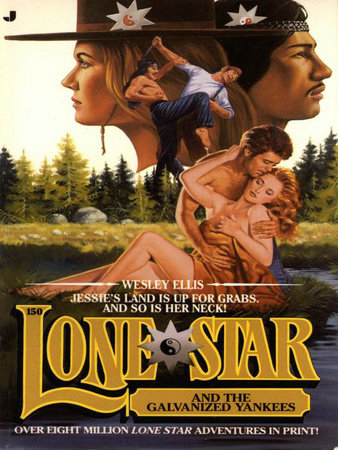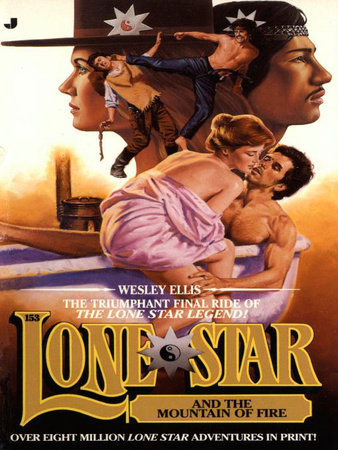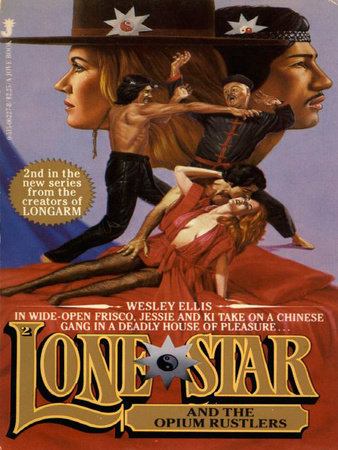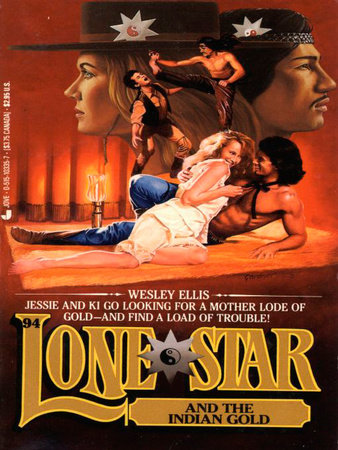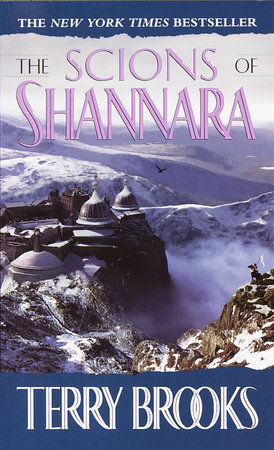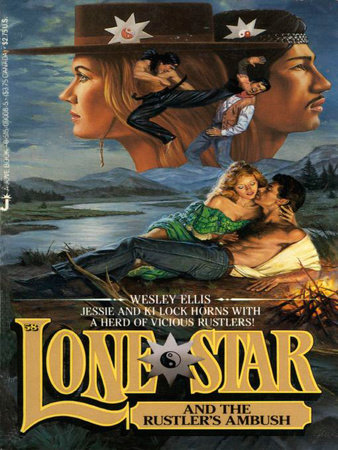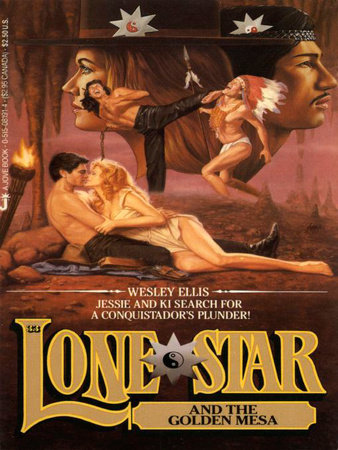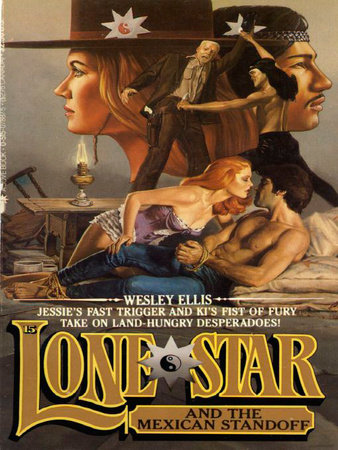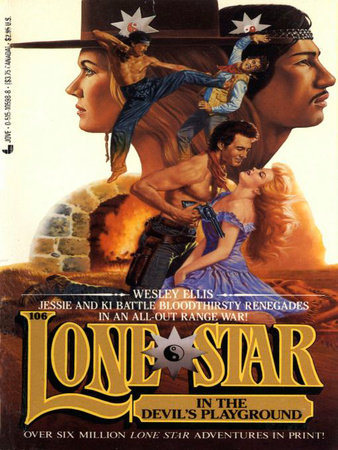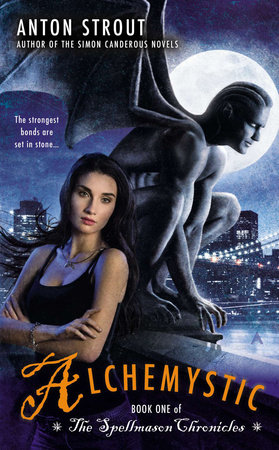Author Q&A
The Eye of Night
Q:What do you find most compelling about the fantasy genre?
A:Fantasy is about emotional realities: for example, most of us today don’t literally believe in ghosts, but when we read a ghost story about a dead father haunting his living children, or a murder victim haunting the murderer, most of us sense a certain rightness to the story. There’s always emotional unfinished business after a death, and it’s easy to imagine the dead hanging around to finish it off. Fantasy is like that: it expresses the truths of the heart.
Q:In The Eye of Night, you write about a religion with four gods. Is it based on any religion in the real world?
A:I borrow a little from mythology, here and there. The Upside-Down God, for example, started with the Hanged Man card in the Tarot deck. The Rising God, revealer of riddles, discovers the runes, like Odin, and carves them on a beech tree, of course, because the Anglo-Saxon word for beech tree was boc, the same as their word for book.
But on another level, the source of this mythology is much closer to home. When I was writing the first draft of The Eye of Night, I was dealing with the death of a close friend, and I needed to yell at God a little. It was easier to yell at a god I had made up. I was reading Rabbi Harold Kushner’s When Bad Things Happen to Good People, which presents the idea of a God who does not willingly permit evil but sometimes fails to prevent it, and some of those ideas found their way into my story. Because it draws on Kushner’s ideas, which come from a Jewish perspective, maybe the “pagan” spirituality of the story is part Jewish.
But I also brought to this story my own Catholic heritage. I’ve always thought of Jereth, the ex-priest of the Rising God, as an ex-Jesuit, with the same restless questing spirit as the most interesting Jesuits and ex-Jesuits I’ve known. The Upside-Down God may be part Odin hanging from a tree, a sacrifice to himself, and part Dionysus, god of wine and irrational ecstasy, but he also bears a more than a passing resemblance to Jesus as seen through the eyes of liberation theology: persecuted by his own priests, mocked and beaten, turning the world upside-down so that the high and mighty are cast down and the lowly lifted up.
The Catholic consciousness also shows up in themes of sacrifice and forgiveness. Ultimately, my narrator, Jereth, must learn to forgive a lifetime of wrongs: to forgive his family, his enemies, and himself; even to forgive the gods for the tragedies they have failed to prevent. Only by forgiving can he escape the stagnation that has swallowed his life. I didn’t understand this idea until I wrote the story, and I don’t think I could have discovered it without the story. Fantasy tells truths that we may not be ready to discover in any other language.
Creating the book’s imaginary religion was a voyage of discovery on which I learned more about what I really believe. The Gods of the World-Wheel don’t really care about being worshiped: they care about life. They created the world, and continue to create it, out of love for each other and for all that lives. They don’t need worship for their own sakes; rather, human beings need it, because by worship, humans can attune themselves to the love of the gods and share in their life-giving power. In the end, that is what I believe God must be like: not a ruler who demands to be loved and respected above all others, but a source of love inviting all to share in abundant life.
Q:Why is religion so prominent in The Eye of Night?
A:I think that fantasy literature is inherently religious, and that badly conceived fantasy often fails by not taking its cosmology seriously enough to present a consistent vision. Religion and fantasy both speak to the deepest longings of our hearts for meaning in the universe, for hope in the face of inevitable mortality, for a loving face to an impersonal natural world. All the best fantasies address the great questions of religion and myth: Why are we born? Why do we die? Is there a deity, and if there is, does that deity care about us? Why would a caring God permit so much suffering? Is there an underlying meaning to the universe? Do we really choose our actions, or are we pawns of fate or heredity? What is a good life? How should we resolve difficult questions of morality, when one good must be sacrificed for another?
Q:What do you want readers to take out of The Eye of Night?
A:Hope. I believe that all religion, and therefore all fantasy, takes part in a great battle against despair. Too often the world around us tells us there’s no hope: that leaders are all corrupt; that ideals are all too naive to take root in reality; that we live in a universe that doesn’t care about us; that we can’t do anything about the injustice in the world; that life’s a bitch and then you die and there’s nothing afterward. Maybe the voices of despair are right — but there’s nothing to be gained by believing them, even so. We need to hope. Without hope, there’s no life. This book is about hope in the face of tragedy. If it can help one person to hope, the book is a success.
Q:Besides the obvious influence on any contemporary fantasy author — Tolkien, of course — which other authors have influenced your writing?
I love Patricia A. McKillip’s Riddlemaster trilogy, with its mystical, dreamlike tone, which opened my mind to different models of fantasy writing than Tolkien’s. Ursula Le Guin’s essay on writing heroic fantasy, From Elfland to Poughkeepsie, helped me see how important verbal style is in creating a fictional world that can give the reader a sense of being transported to another level of reality.
I am strongly influenced by a nineteenth-century fantasist, William Morris, author of The Well at the World’s End and other books that imitate medieval sagas and romances. Morris was a socialist who imagined a more egalitarian world in the middle ages — a world that never really existed, but makes a powerful fantasy because it appeals to deep longings for justice and freedom.
Outside the fantasy genre, I think I have been most influenced by Charles Dickens. My favorite Dickens characters are the ones I think of as his freaks: women who didn’t need to conform to the bland ideal of his heroines because they were somehow set apart from normal society, like eccentric Aunt Betsy in David Copperfield and Jenny Wren in Our Mutual Friend. Hwyn in The Eye of Night is akin to these Dickensian freaks, set apart from society by her physical deformity and her gift of prophecy.
Q:Did your graduate studies in medieval literature influence The Eye of Night?
Indirectly, they influenced it a great deal, because whenever I couldn’t make any headway on my research, I would start writing a story. I did some wonderfully productive procrastination in gradual school. And yes, I did mean gradual school: seven years of my life cast away without attaining my goal, like Jereth’s years in the Tarvon Order.
Direct influences are rarer. There’s a story-within-a-story based on the Fourth Branch of the Welsh Mabinogion, and of course there are many Anglo-Saxon names throughout the novel. One character tells a riddle based on a selection from the Anglo-Saxon Exeter Book. (A much better Anglo-Saxonist borrowed a different Anglo-Saxon riddle for The Hobbit.) But more than suggesting plot elements, I think my studies simply fed my imagination — or perhaps mulched it, laid down old leaves that settled and decayed in my subconscious mind until new growth sprang from the soil. On second thought, maybe those seven years of graduate school weren’t wasted after all.



